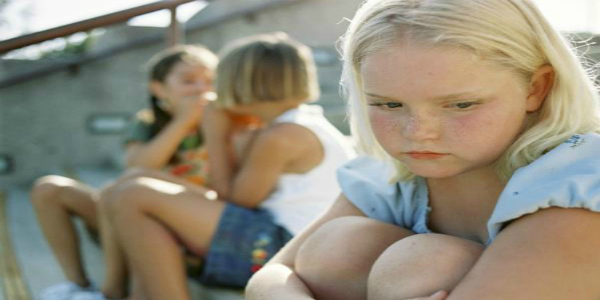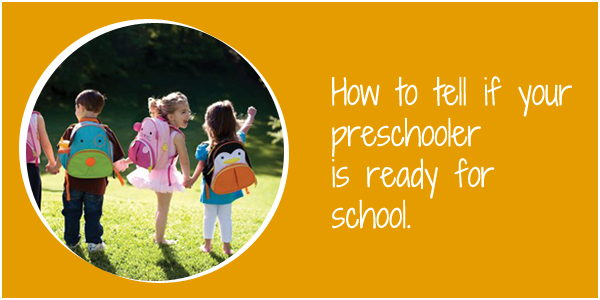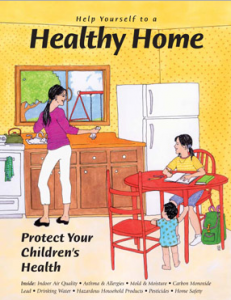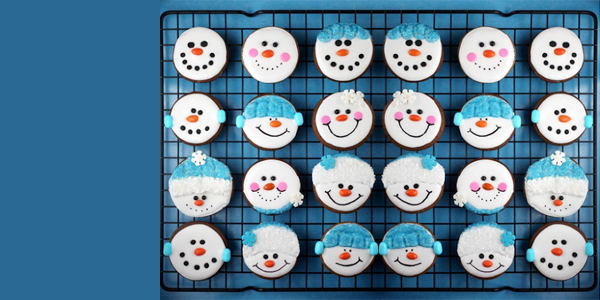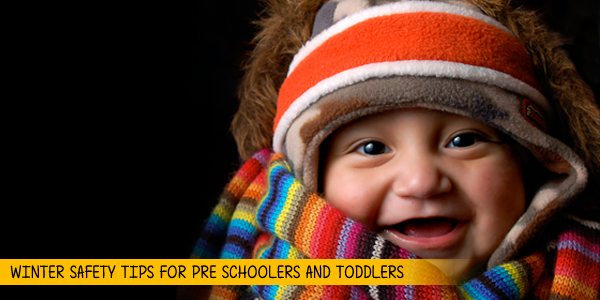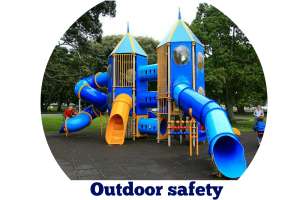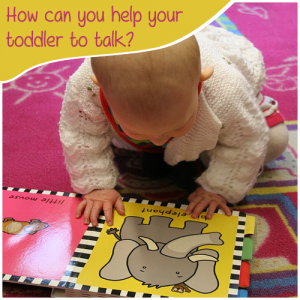Picture this; on your way back from your child’s school, you meet a neighbor in the parking lot. Your neighbor makes friendly attempt at engaging in a conversation with your child, maybe even initiating a physical contact. Your child doesn’t respond, is looks visibly withdrawn and hides behind your legs to shield him from this sudden onslaught of questions that demand answers. Your neighbor just coos, “Oh he’s being shy, how sweet!” There! A label created, damage done.
Let me explain. Every child is born with a unique personality. Some like to sit back and observe rather than plunge head on into things. Others talk nineteen to the dozen and try out new things without any kind of orientation. While the basic reason why your child behaves the way he does has got a lot to do with his genetic make-up, we in the adult world, create labels like shy, a bully, cute, etc to explain away why our children behave the way they do. But there are 2 major problems in doing this.
Firstly, you are setting up excuses for the way your child is behaving and this only reinforces him to continue behaving in the same way. In his little world, if adults say that he is being shy, he must be, right?
Secondly, it puts a so-called shy child under enormous pressure to respond to the communication in the way it is expected, no matter what how or what own feelings are.
How can you help a child in this situation?
- Understand that Toddler Shyness could be a development trait due to lack of social skills.
- Most shy kids are well adjusted and can very well work around stressful situations on their won, if left alone. Don’t shower him with attention if would rather be left alone.
- You can boost your child’s self esteem and social skills by preparing him for stressful situations in advance. If there is a birthday party coming up, have a mock party at home and play out parts where he gets a chance to interact with his friends.
- When people try to label your child “shy” tell them “No she isn’t shy, she just isn’t being very talkative”. That way you are not letting your child believe that he is forever going to be shy.
- Refrain from rescuing your child from situations like the one stated above. Don’t coax an answer out him. Just continue your conversation and trust that your child will join in when ready.
- Use family meetings and gatherings to get your child to come out of his comfort zone. In such a situation he feels safe to explore and has more chances of discovering the joys of participation.
- Expose your child to as many social situations as is possible. But be careful not to put any pressure on him to perform according to the rules of adults, just then.
